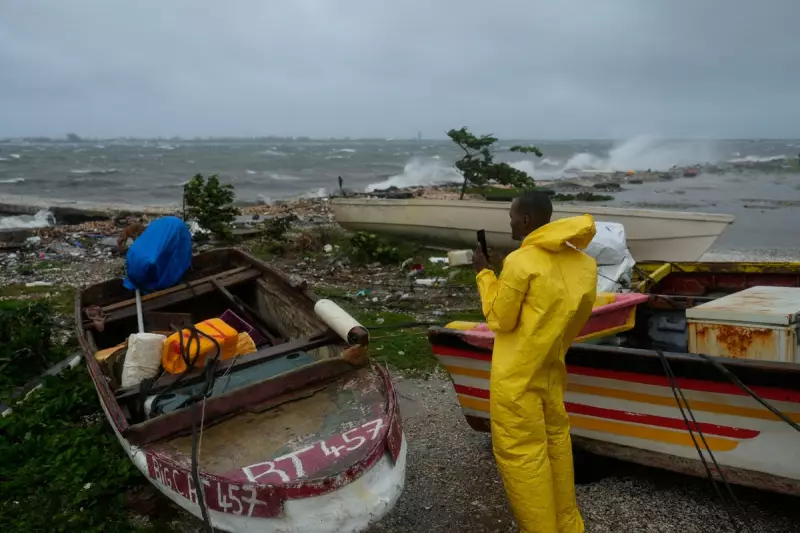
In a significant demonstration of the new government's commitment to global climate action, Foreign Secretary Yvette Cooper has embarked on her inaugural major overseas visit to Jamaica, focusing squarely on the environmental emergencies threatening Caribbean nations.
A Diplomatic Mission with Environmental Urgency
The high-level talks come as Caribbean countries face escalating climate-related challenges, including intensifying hurricane seasons, rising sea levels, and coral reef degradation that threaten both ecosystems and local economies.
Cooper's appointment as Foreign Secretary marks a notable moment in UK political history, making her one of the most senior figures in Sir Keir Starmer's new cabinet and positioning her at the forefront of international climate diplomacy.
Strengthening UK-Caribbean Partnerships
The discussions in Kingston are expected to cover:
- Climate resilience and adaptation strategies for vulnerable island nations
- Financial mechanisms to support environmental recovery efforts
- Collaborative research initiatives on climate impacts
- Technical assistance programmes for sustainable development
This diplomatic mission signals a renewed UK focus on building stronger relationships with Commonwealth partners while addressing what many consider the defining global challenge of our time.
A New Approach to Foreign Policy
Cooper's rapid engagement with Caribbean leaders demonstrates the Starmer government's intention to prioritise climate diplomacy as a cornerstone of UK foreign policy. The visit underscores a recognition that environmental stability is inextricably linked to international security and economic prosperity.
Political analysts suggest this early focus on climate vulnerable nations represents a strategic shift in UK foreign policy orientation, potentially signalling increased engagement with small island developing states that have historically borne disproportionate impacts of climate change despite minimal contributions to the problem.





